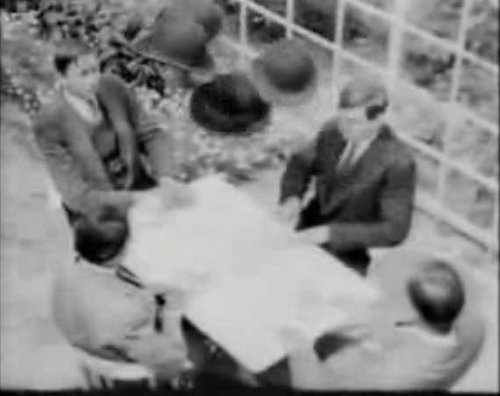
The poor image is a copy in motion. Its quality is bad, its resolution substandard. As it accelerates, it deteriorates. It is a ghost of an image, a preview, a thumbnail, an errant idea, an itinerant image distributed for free, squeezed through slow digital connections, compressed, reproduced, ripped, remixed, as well as copied and pasted into other channels of distribution.
[…]
At present, there are at least twenty torrents of Chris Marker’s film essays available online. If you want a retrospective, you can have it. But the economy of poor images is about more than just downloads: you can keep the files, watch them again, even reedit or improve them if you think it necessary. And the results circulate. Blurred AVI files of half-forgotten masterpieces are exchanged on semi-secret P2P platforms. Clandestine cell-phone videos smuggled out of museums are broadcast on YouTube. DVDs of artists’ viewing copies are bartered.3 Many works of avant-garde, essayistic, and non-commercial cinema have been resurrected as poor images. Whether they like it or not.
– Excerpted from Hito Steyerl’s piece in e-flux journal #10
(Via Rhizome)
